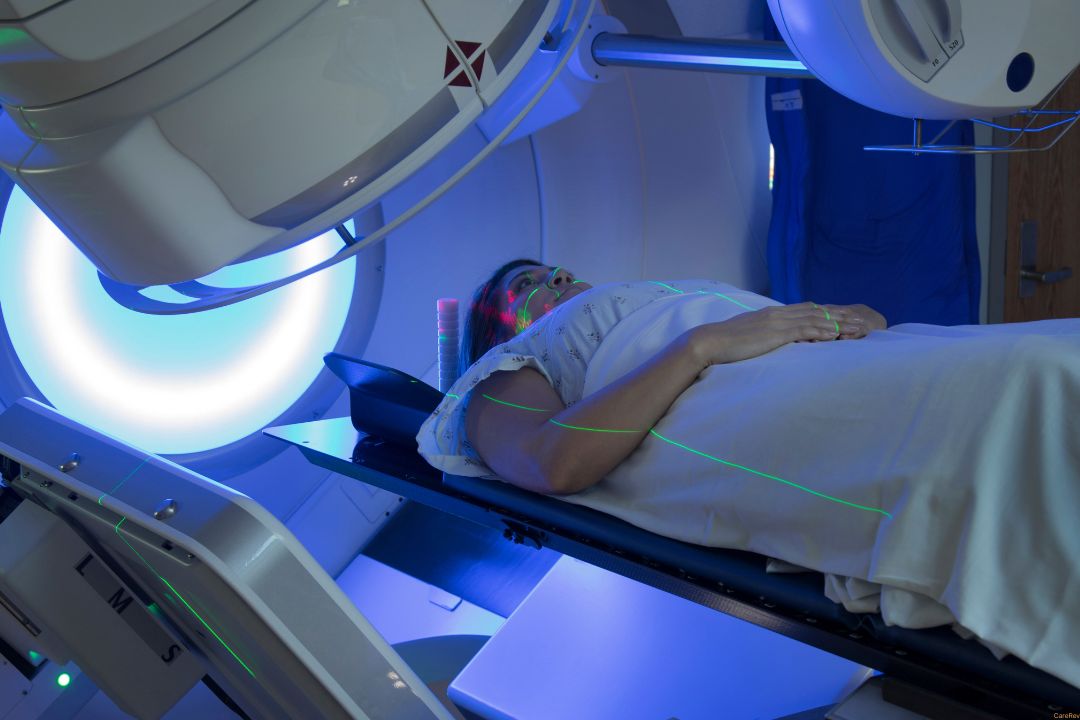
In the vast landscape of healthcare, where every corner holds stories of resilience, there exists a realm where the tiniest of souls are embraced with the utmost care and dedication. Welcome to the Neonatal Intensive Care Unit (NICU), where the heartbeats are fragile, but the spirits are unwavering. At the helm of this sanctuary are the NICU nurses, the unsung heroes whose compassion and expertise breathe life into the delicate journey of newborns. Let's explore the essence of NICU nursing, from its definition to the pathways that lead individuals into this noble profession.
What is a NICU nurse?
NICU nurses are the compassionate guardians of newborns who require specialized medical care due to prematurity, low birth weight, congenital anomalies, or other critical conditions. They are registered nurses (RNs) who possess a unique blend of clinical skills, empathy, and resilience, navigating through the intricate world of neonatal healthcare with unwavering dedication.
Within the NICU, nurses provide round-the-clock care, monitoring vital signs, administering medications, and ensuring the well-being of their tiny charges. Their role extends beyond clinical tasks; they offer emotional support to families during what can be an emotionally turbulent period, fostering hope and understanding amidst uncertainty.
NICU nurse roles and responsibilities
The responsibilities of a NICU nurse are multifaceted, demanding both technical proficiency and emotional fortitude. Some key roles and responsibilities include:
- Patient Monitoring: NICU nurses continuously monitor vital signs, respiratory status, and neurological functions of newborns, promptly identifying any signs of deterioration or distress.
- Medication Administration: They are responsible for administering medications, parenteral nutrition, and other therapies, ensuring accurate dosages and adherence to treatment protocols.
- Collaborative Care: NICU nurses work closely with neonatologists, respiratory therapists, social workers, and other healthcare professionals to develop comprehensive care plans tailored to each infant's needs.
- Family Support: Beyond medical care, NICU nurses provide emotional support and education to families, guiding them through the challenges of having a newborn in critical condition, offering reassurance and empowering them to participate in their baby's care.
- Advocacy: Advocating for the rights and well-being of their patients is central to the role of a NICU nurse. They serve as voices for the voiceless, ensuring that the best interests of the infants are always prioritized.
- Critical Thinking and Problem-Solving: In the fast-paced environment of the NICU, nurses must think quickly on their feet, adapting to ever-changing circumstances and making sound clinical decisions under pressure.
How to become a NICU nurse
Becoming a NICU nurse requires a combination of education, training, and personal attributes that are essential for thriving in this specialized field. Here are the typical steps to pursue a career in NICU nursing:
- Earn a Nursing Degree: Begin by completing a nursing program, either a Bachelor of Science in Nursing (BSN) or an Associate Degree in Nursing (ADN) from an accredited institution.
- Obtain Licensure: Upon graduation, aspiring nurses must pass the NCLEX-RN examination to become licensed registered nurses (RNs) in their respective state or country.
- Gain Clinical Experience: Prioritize gaining experience in maternal-child health and neonatal care through internships, clinical rotations, or entry-level nursing positions in hospitals or NICU settings.
- Pursue Certification: While not always mandatory, obtaining certifications such as the Neonatal Resuscitation Program (NRP) or Neonatal Intensive Care Nursing (RNC-NIC) can enhance your knowledge and credibility as a NICU nurse.
- Continuing Education: Stay abreast of advancements in neonatal care through continuing education courses, workshops, and conferences, ensuring that your skills and knowledge remain current and relevant.
- Develop Essential Skills: Cultivate qualities such as empathy, resilience, adaptability, and effective communication, which are vital for providing exceptional care to fragile newborns and their families.
Average NICU nurse salary
While the rewards of NICU nursing are immeasurable in terms of the impact on human lives, it's also important to consider the financial aspect of this profession. The salary of a NICU nurse can vary depending on factors such as location, level of experience, educational background, and the type of healthcare facility.
On average, NICU nurses in the United States earn a competitive salary compared to other nursing specialties. According to data from the Bureau of Labor Statistics (BLS), registered nurses had a median annual wage of around $89,010 as of May 2022. However, it's worth noting that salaries can range significantly, with experienced NICU nurses and those working in metropolitan areas typically earning higher wages. According to salary.com, NICU nurses in the United States earn an average base salary of $135,584 per year.
In addition to base salaries, NICU nurses may also receive benefits such as health insurance, retirement plans, paid time off, and tuition reimbursement for further education. Some healthcare facilities offer bonuses or differential pay for working night shifts, weekends, or holidays, further augmenting earning potential.
While monetary compensation is important, many NICU nurses find fulfillment in the meaningful connections they form with patients and their families, knowing that their work contributes to saving lives and nurturing hope in the most vulnerable of circumstances. Therefore, while salary is a consideration, the true reward of NICU nursing lies in the profound impact it has on the lives of others.
Is NICU nursing right for you?
In conclusion, NICU nursing is a calling that requires not only clinical expertise but also a profound commitment to compassion and advocacy. It's a journey marked by moments of triumph and heartache, where every milestone achieved is a testament to the resilience of the human spirit. As we honor the dedication of NICU nurses worldwide, let us recognize their invaluable contribution to nurturing hope and shaping the future of the tiniest miracles among us.
Want to learn about other in-demand healthcare professions? Explore more professions with shifts offered through the CareRev App.





